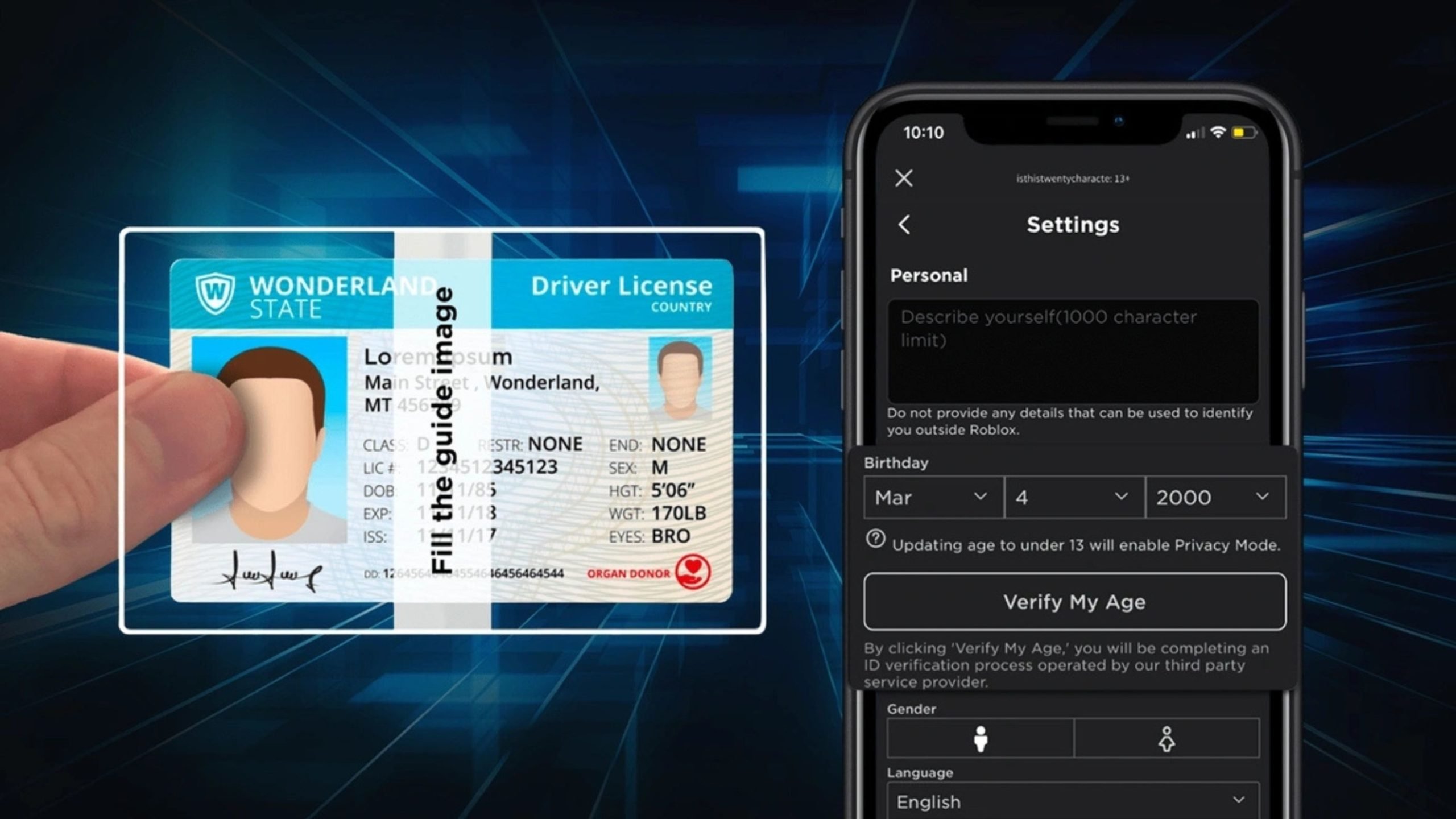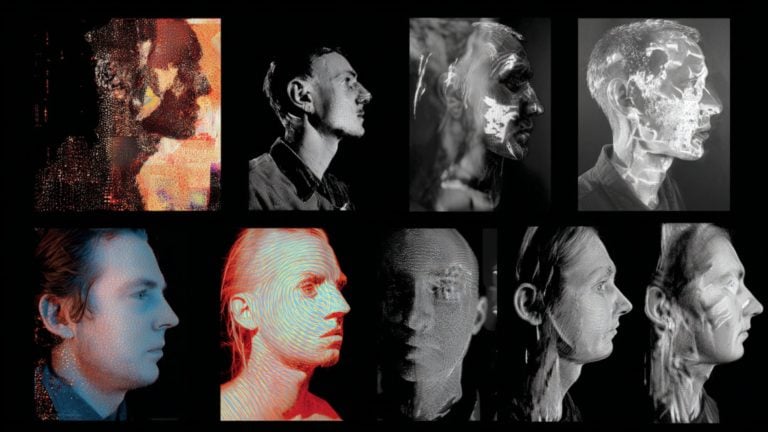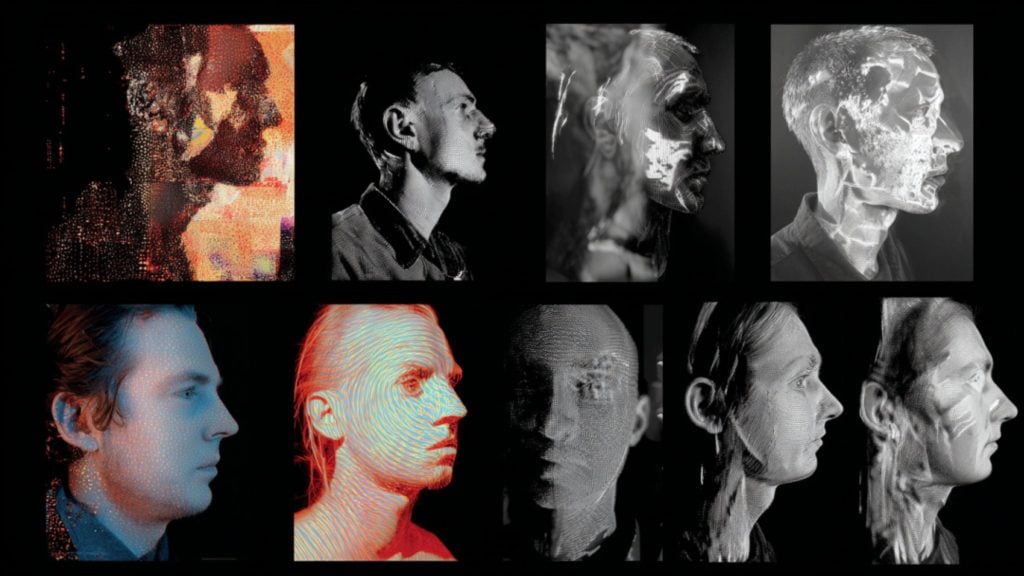Texas has become the latest state to take legal action against Roblox, joining a growing number of attorneys general who accuse the gaming platform of failing to protect children.
The case also renews attention on the broader push for online age verification, a move that would lead to widespread digital ID requirements.
Attorney General Ken Paxton filed the lawsuit on November 6, alleging that Roblox allowed predators to exploit children while misleading families about safety protections.
We obtained a copy of the lawsuit for you here.
The filing claims the company “put pixel pedophiles and corporate profit ahead of safety” by neglecting to prevent grooming, sexual exploitation, and access to explicit material.
Paxton said, “We cannot allow platforms like Roblox to continue operating as digital playgrounds for predators where the well-being of our kids is sacrificed on the altar of corporate greed.”
He added that “any corporation that enables child abuse will face the full and unrelenting force of the law.”
Texas is now the fifth state since August to pursue action against Roblox, following Louisiana, Kentucky, and Florida, with Oklahoma conducting a related investigation.
There’s no doubt that Roblox has had problems with predators in the past.
But the proposed solution and these coordinated efforts reflect a rising demand for stricter safeguards around online activity, which in practice could mean mandatory digital ID systems.
Such requirements risk turning into digital identification programs that collect and centralize personal data.
Roblox rejected Paxton’s accusations in a statement, calling them “misrepresentations and sensationalized claims.”
The company said it “shares Paxton’s commitment to child safety” and has introduced “industry-leading protocols” designed to remove bad actors.
“We are disappointed that, rather than working collaboratively with Roblox on this industry-wide challenge and seeking real solutions, the AG has chosen to file a lawsuit based on misrepresentations and sensationalized claims,” a spokesperson said.
The company reported implementing over 145 new safety measures in 2025 and said it is developing an age-estimation system to stop adults from interacting with minors.
Roblox calls this a safety innovation, but privacy experts have voiced concern that such systems often rely on biometric or government-issued information, increasing the risk of long-term data collection on children.
Other states have echoed similar complaints. Florida Attorney General James Uthmeier issued criminal subpoenas to Roblox in October.
Kentucky Attorney General Russell Coleman sued Roblox in October as well, accusing it of creating “a hunting ground for child predators” by failing to verify users or alert parents to risks.
In August, Louisiana Attorney General Liz Murrill said Roblox “is overrun with harmful content and child predators because it prioritizes user growth, revenue, and profits over child safety.”
Roblox says it works closely with the FBI and the National Center for Missing and Exploited Children, submitting more than 24,500 reports to NCMEC last year.
With Texas now entering the legal fight, pressure on Roblox continues to build. Yet the lawsuits are also driving a larger conversation about digital identity and whether government-backed verification will become the new condition for accessing online platforms.










